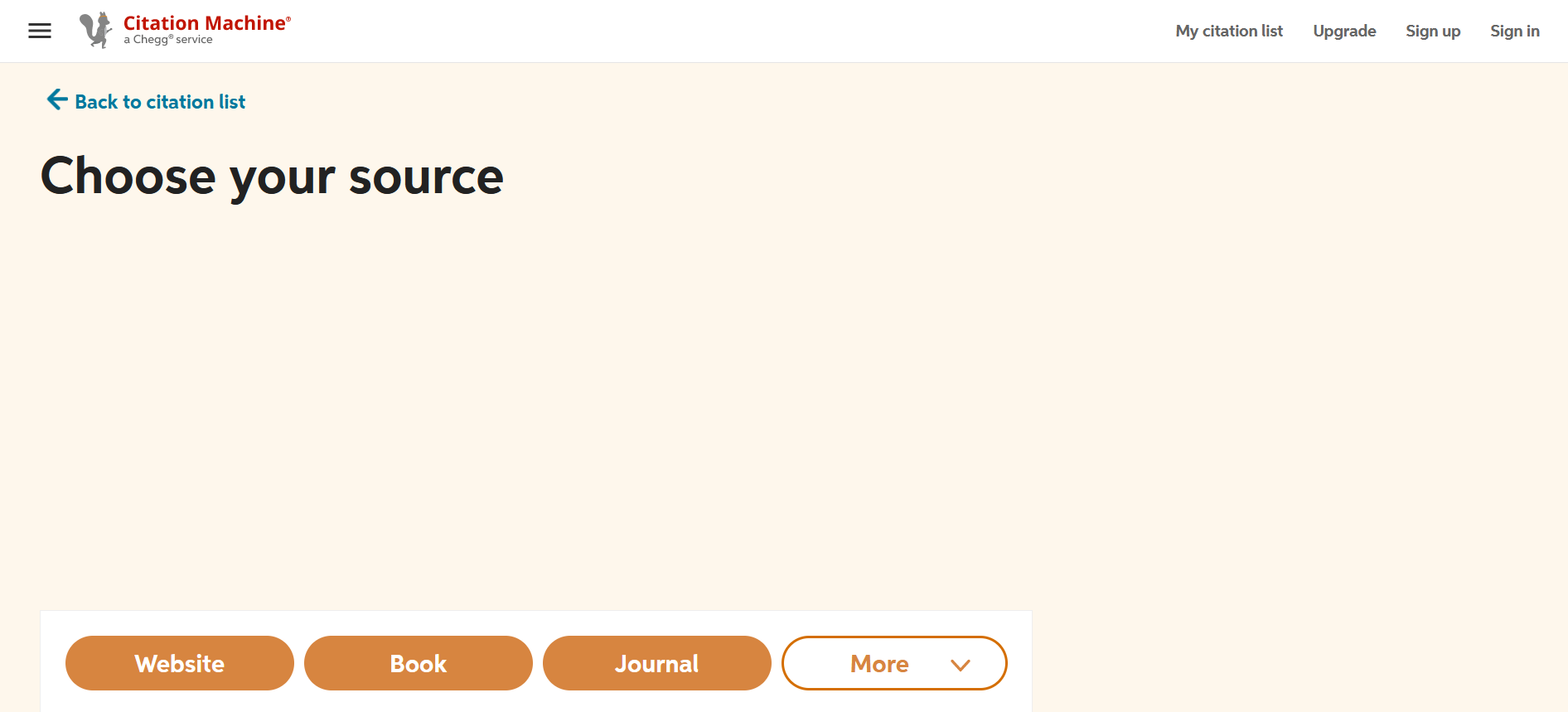Disclosure: I work on ads at Google; this is a personal post.
In the discussion of why I work on ads people asked whether I use an ad blocker (no) and what I think of them (it's complicated). So, what about ad blockers?
It should be up to you what you see. If you don't want your computer displaying ads, or any other sort of content, you shouldn't have to. At the same time, most sites are offering a trade: you're welcome to our content if you also view our ads.
These are in conflict, but I feel like the resolution could be simple:
- You are free to block any ads you want.
- Sites can know when ads are blocked.
Sites could choose to respond to ad blocking by showing a message explaining that ads are what fund the site and requiring users to either subscribe or allow ads if they want to proceed. Or not: the marginal cost of serving a page is trivial and perhaps some visitors will share articles they enjoy. Still others might implement something like the first-n-free approach you see with paywalls, or progressively more obnoxious nagging.
This isn't what we have today:
Some sites (ex: Facebook) try to disguise their ads to get them past blockers. A big site that runs their own ads might scramble the names of resources on every page view, while a smaller site might hire an ad-tech company to proxy their site and stitch in ads. When successful, users are seeing content they specifically said they didn't want.
Some blockers (ex: uBlock Origin but not AdBlock) hide "please disable your ad blocker or subscribe" messages. For example, 37% of uBlock Origin issues are people pointing out anti-adblock banners it misses (ex: #9005, #9006, #9007). When successful, sites are serving content to users they specifically said they didn't want to serve.
I don't have any sort of proposal here; I'm not proposing a browser feature or government regulation. But in thinking about how future decisions might affect ads, I'm going to be most excited about ones that support (1) and (2).


Depends how you count and where you are. It's true that most of the time you're mostly going to see CPM ads, but CPC and CPA ads are quite popular on some networks (I'm pretty sure, for example, that most ads on Facebook are CPC or CPA, not CPM).
However we should be clear on why CPM is popular: it's predictable. If you're trying to spend $10k on ads, buying CPM ads is simpler because it works exactly how you think. Yes, you might serve ads to bad inventory, but at least you served the ads and the money was spent (why might the money being spent matter? if you're an agency spending on behalf of a client and need to hit a spend minimum; principal-agent problems abound here). CPC and CPA make it much harder to ensure all the money gets spent: maybe your ad sucks or there's not enough inventory of people who would click your ads to meet your desired spend. So CPM still fills the gap.
As I hope this makes clear, lots of ad spending is wasted. In many cases you can't really get more results from spending more than, say, $10k/month unless you're in a zero-sum battle for brand awareness: at that point you'll have already saturated all the inventory that will generate results for you, and additional spending has close to 0 marginal return. Of course, marketers want to spend money they can plausibly claim produced results, so more money gets spent, often in ways that are decreasingly easy to trace effectiveness of. But now we're getting way off topic.